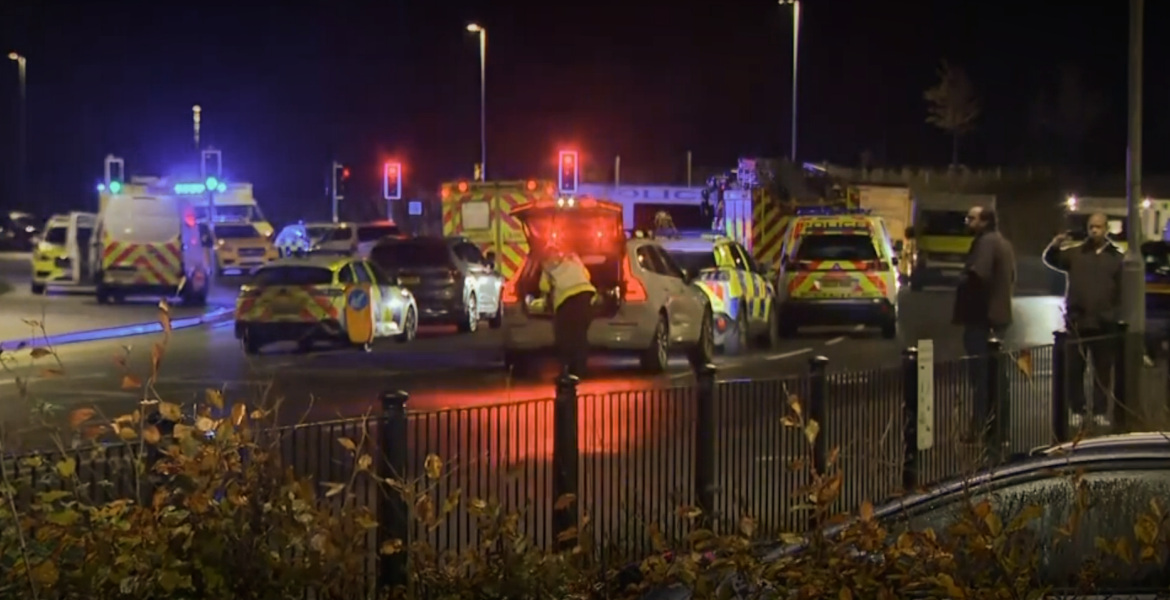Kavelashvili has long been a vocal critic of US interference in Georgian politics, saying Washington and its allies are driven by "an insatiable desire to destroy our country".
Kavelashvili, whose party is part of the ruling coalition, received the backing of 224 out of 300 lawmakers and was actually the only candidate seriously considered for the presidency.
However, the EU-backed opposition, which wants Georgia to move closer to Brussels and Washington, has been staging widespread protests ever since the conservative Georgian Dream won the parliamentary elections in October - and also declared that it refuses to recognize the result of the presidential vote.
Over the weekend, a large number of activists with EU flags gathered in central Tbilisi, chanting the name of outgoing President Salome Zourabichvili and demanding that she be allowed to keep her position – despite lacking majority support in parliament.
Refusing to leave the presidential palace
Zourabichvili was Brussels' preferred candidate and announced this week that she will not leave the presidency – even though her term officially ends today.
– When a new president is legitimately elected through an election, I will gladly give up my seat to him, she said in an interview with Radio France Internationale.
This is the first time Georgia's president has been elected by parliamentarians instead of a referendum – and it is on this basis that the opposition claims Kavelashvili's appointment is illegitimate.
Condemning US-allied opposition
The president-elect has long been recognized for his traditional and conservative statements, including sharp criticism of the LGBT movement and accusing the country's political opposition of being controlled by the US.
According to Kavelashvili, Washington and its allies have "an insatiable desire to destroy our country" and are planning "a direct violent revolution and Ukrainisation of Georgia".
It is also worth noting that Georgia's new president has a background as a high-level professional footballer – including representing Manchester City between 1995 and 1997. He also has 46 caps and 9 goals for the Georgian national team.




